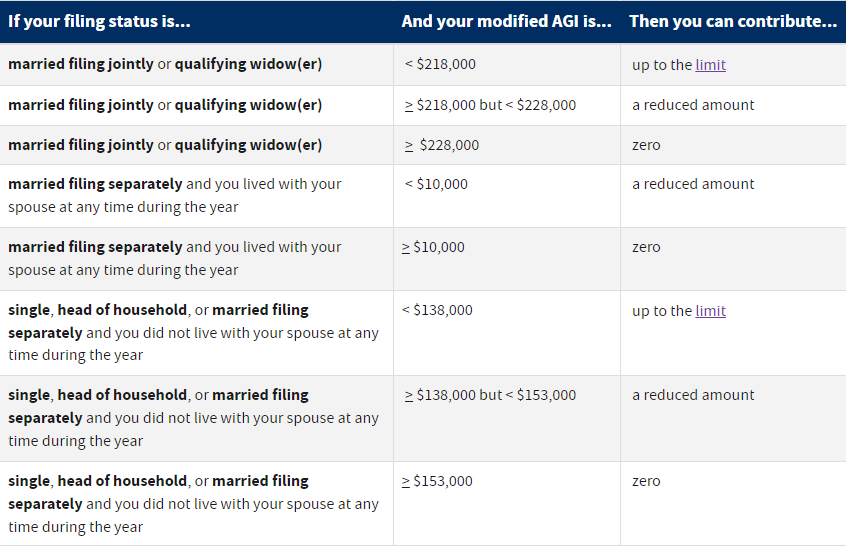Rules Governing IRAs

The previous IRA blog discussed the benefits of IRAs. However, understanding the unique rules governing IRAs is also essential. Knowing these rules is crucial in securing retirement savings and avoiding penalties.
Rules Governing IRAs:
- Contribution Limits: As of 2023, the annual contribution limit for IRAs is $6,500 for individuals under 50 years of age. Those aged 50 and above can make an additional catch-up contribution of $1,000, bringing their total annual limit to $7,500. It is essential to adhere to these limits to avoid potential tax penalties.
- Withdrawal Age: With Traditional IRAs, withdrawals before age 59½ may incur a 10% early withdrawal penalty in addition to regular income tax. However, Roth IRAs allow for tax-free withdrawals of contributions at any time, and earnings can be withdrawn tax-free after age 59½ and a five-year holding period.
- Required Minimum Distributions (RMDs): Traditional IRA holders are required to start taking RMDs at age 72 (73 if you reach age 72 after December 31, 2022), ensuring gradual distributions during retirement. Failing to take RMDs on time may result in a 50% excise tax on the amount not withdrawn. You can review the recently updated rules attached to RMDs provided by the IRS, here.
- Contribution Deadline: Contributions to IRAs must be made by the tax-filing deadline, typically April 15 of the following year. The deadline can vary depending on the year (the contribution deadline for 2022 was April 18, 2023), so be sure to verify the contribution deadline for each year.
- Income Limits for Roth IRAs: Roth IRA contributions have income limits that restrict high earners from contributing directly to Roth IRAs. The income limits for Roth IRAs depending largely on how you plan to file your taxes, the below chart shows the income limits for each tax filing type:

For further explanation and detail, please visit the IRS website.
Navigating the rules of IRA accounts is vital for successful retirement planning. By adhering to contribution limits, understanding eligibility criteria, and being aware of withdrawal and distribution rules, you can harness the full potential of your IRA to achieve your financial goals. Remember that IRS regulations may evolve, so staying informed and seeking guidance from financial professionals is essential.
For more information or to inquire about IRA accounts, please contact SouthStar Bank’s IRA team at ira@southstarbank.com or 512.384.3948
Please note that all dates and rules are based on the year this article was published. Please check back with the IRS for important dates and regulations.







